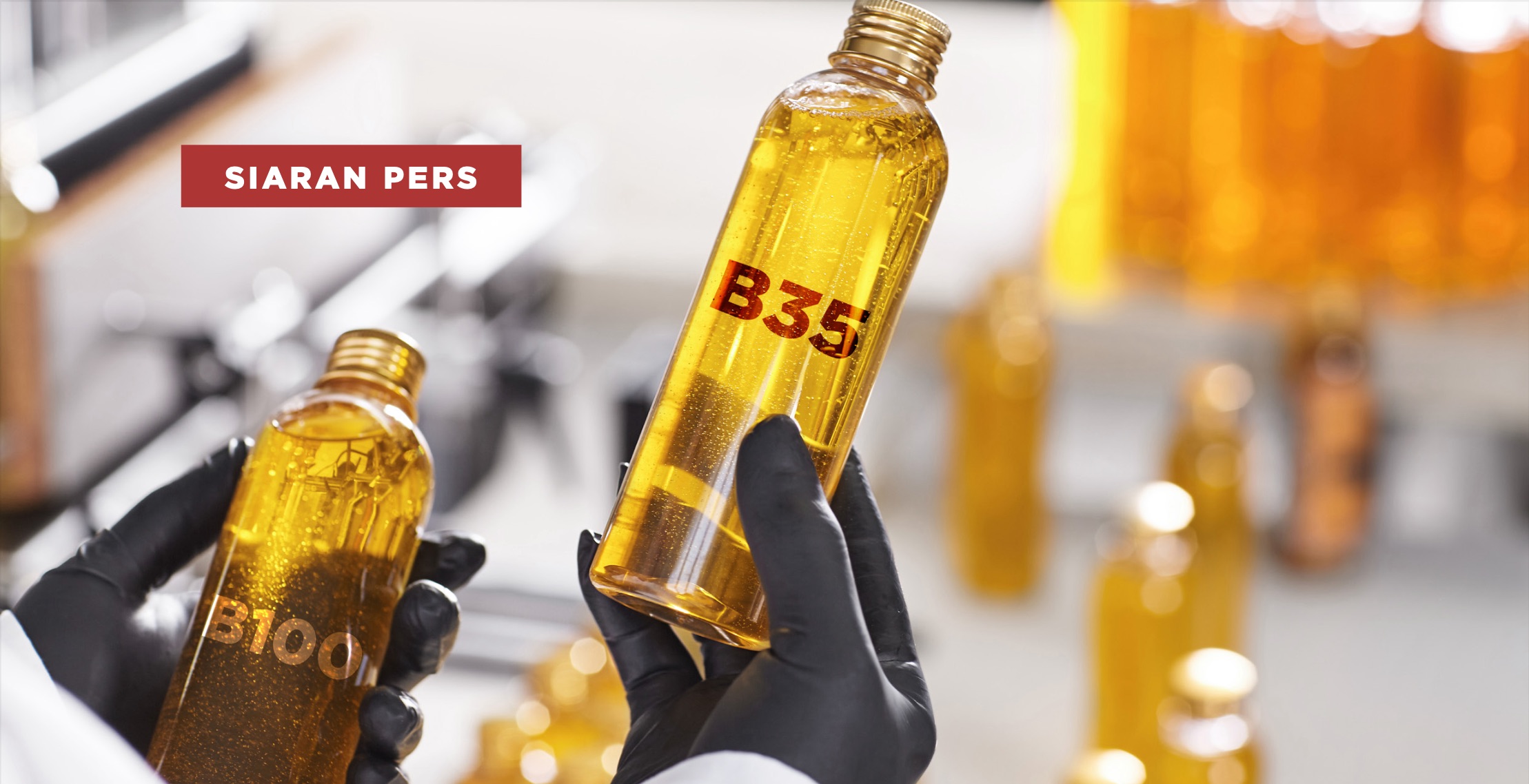Indonesia’s biodiesel subsidy policy lacks transparency – does the presence of PEPs in corporations perpetuate this?
Identified serving and former public officials and family members holding executive positions in companies with links to biodiesel.
Indonesia’s biodiesel industry policy is genuinely strange. The reason for this being only a handful of corporations profit from it. Even its provisions are opaque. As a result, civil society organizations and academics have protested vehemently against it. The Corruption Eradication Commission (KPK) has also looked into this phenomenon, but the government has remained motionless. Does the presence of politically exposed persons (PEPs) within these corporations perpetuate this?
Since its launch in 2008, the Mandatory Biodiesel Program – endorsed by the government to guarantee a secure national energy supply – has shown a complete lack of transparency. Until now, the biodiesel producer appointment process appears to have remained a mere formality, with the only requirement being evidence of capacity to meet biodiesel production targets. The government has published very little information, either on the appointment process or the biodiesel policy itself.
Yet, an estimated IDR 179 trillion was disbursed to biodiesel companies between 2015 and 2023. Koalisi Transisi Bersih or the Clean Transition Coalition has identified serving and former public officials and family members holding executive positions in companies with links to biodiesel. As state officials with influence, even when no longer holding office, the potential for abuse of power remains open. The names of many such PEPs were found during the course of this study.

Another thing it highlights is the absence of any rules regulating PEPs making their presence in company management structures normal, while leaving the possibility for abuse of power wide open. Consequently, its exposition of PEPs is vital as a control against those individuals and their affiliated companies.
Analyses revealed beneficial owners and/or company directors in three of the 12 corporate groups receiving biodiesel subsidies in 2023 to be PEPs. The largest numbers were found in Jhonlin Grup, Sinar Mas, and Wilmar with nine, four, and four individuals respectively. In addition, five PEPs were members of campaign teams for the 2019 and 2024 presidential elections (read the brief for complete details).
Recommendation
- Biodiesel subsidies should be reviewed by including palm oil supply chains in the distribution of such funds. Following the loss of the European Union export market as a result of its anti-dumping policy, the Government of Indonesia started to provide subsidies for biodiesel business players in 2015.
- The government should formulate comprehensive rules on PEPs. Rest times for public officials before they can hold office in private companies also need to be defined.
- Corporations should be obligated to make PEP declarations if any serving or former public officials or family members are affiliated with their companies as shareholders, company directors, or beneficial owners, as a form of transparency and to minimize abuse of power.
- The Financial Action Task Force (FATF) defines a politically exposed person (PEP) as an individual who is, or has been entrusted with a prominent function. This includes heads of state, senior politicians, high ranking government officials, members of the judiciary or military, senior executives of state-owned enterprises, and important party officials. Due to their positions and influence, PEPs have the potential to abuse their positions for committing money laundering offences and other crimes like corruption and bribery, as well as conducting activities relating to the financing of terrorism.
-
From 2015 until 2023, subsidies of IDR 179 trillion were disbursed to support the fulfillment of biodiesel targets. These funds came from duties on crude palm oil (CPO) exports. Despite these revenues coming from palm oil mills in upstream sectors, 71% of the funds collected were allocated for biodiesel – a downstream industry.
Contact Person
- Hilman Afif, Auriga Nusantara, hilman@auriga.or.id
- Restu Diantri Putri, Satya Bumi, restu@satyabumi.org

